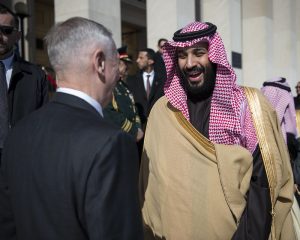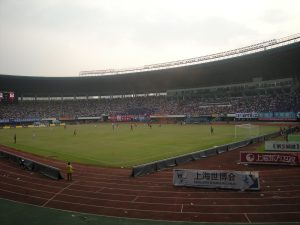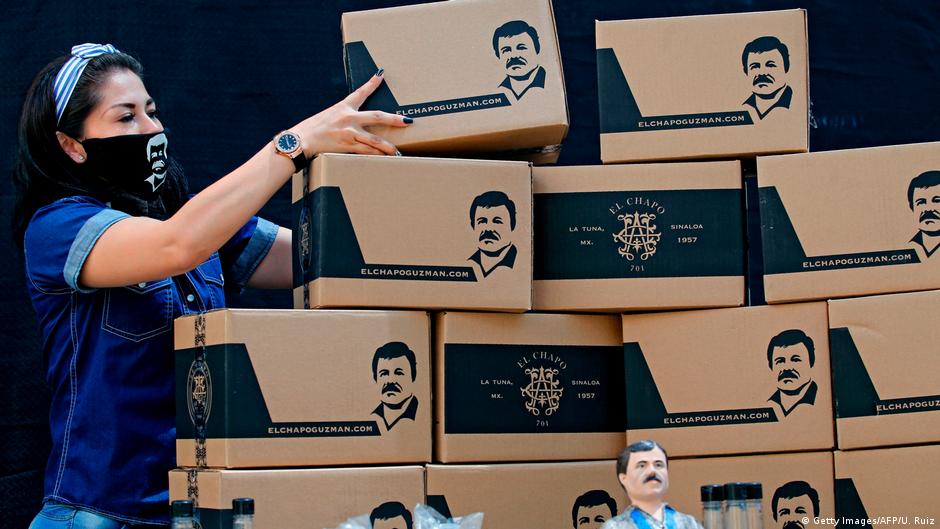Following Cristiano Ronaldo’s shock transfer from Manchester United to Al Nassr in January 2023, constant discussion emerged concerning which football stars would be next to join the Saudi Pro League, Saudi Arabia’s football league. The Summer Transfer Window saw many of the world’s best players joining teams in the league, including Ballon d’Or winner Karim Benzema, Liverpool captain Jordan Henderson, and Neymar, who had once commanded a £200 million world record transfer fee in 2017.
However, come January 2024, many of the league’s most popular players are contemplating leaving the league–just months into their contracts. Henderson recently left to join Dutch side Ajax, whilst Benzema reportedly wants to leave his club and is looking for a loan move – potentially to an English team. Additionally, many teams in the league are unable to garner high attendances for their matches, with only 133 spectators at a recent match between Al-Riyadh and Al Okhdood, and the average attendance in the league being 8,000 per match, significantly lower than the average of most European leagues.
What is “sportswashing” and how has it been done in other sports?
Sportswashing is the use of sports and sporting events to divert public attention from the conduct of a country’s government or a private company. Active stakeholders hope that the sport’s popularity will hold public attention, diverting negative publicity away from unethical actions. Governments are the most common perpetrators of this, but it is becoming increasingly common for private companies to participate in sportswashing to distract from unsustainable business practices (“greenwashing”); this is most commonly seen through car and oil companies sponsoring sports teams and athletes.
Formula 1 has exemplified this–for example, through Bahrain, the United Arab Emirates, and Russia (before the invasion of Ukraine) all hosting races. In football, notable past examples include Russia and Qatar hosting the last two World Cups, as well as Emirati and Qatari government-owned investment funds owning Manchester City and Paris Saint-Germain, respectively, presently two of the most successful teams in Europe. Saudi Arabia has hosted major sporting events, including boxing fights and Formula 1 races; it also recently won the selection process to host the 2034 World Cup. Furthermore, their Public Investment Fund (PIF) owns Newcastle United, one of the largest teams in the Premier League, and helped found the LIV Golf Tour, currently being touted as a breakaway from the traditionally dominant PGA Golf Tour.
The Saudi Arabian government has an incentive to pursue a sportswashing strategy. In doing so, it can divert attention away from their government’s human rights abuses, including the murder of journalist Jamal Khashoggi in a Saudi consulate, their imprisonment of anti-government activists, and their anti-equality laws in areas such as women’s rights and LGBTQ+ issues. Therefore, investing in sports has the opportunity to redirect global attention away from these issues, and instead create a global image of Saudi Arabia associated with these sporting events.
 Saudi Arabia’s First Deputy Prime Minister and Minister of Defense, Crown Prince Mohammed bin Salman bin Abdulaziz / Image: U.S. Secretary of Defense (distributed via CC BY 2.0)
Saudi Arabia’s First Deputy Prime Minister and Minister of Defense, Crown Prince Mohammed bin Salman bin Abdulaziz / Image: U.S. Secretary of Defense (distributed via CC BY 2.0)
This association with sports increasingly normalises these countries to foreign investors, tourists, and governments, helping to advance their economic and political interests. For Saudi Arabia, increased foreign investment and tourism would diversify their oil-dependent economy, and this strategy would also make the country an integral part of the Middle East in economic, cultural and political terms, as part of their Vision 2030 programme. Mohammed bin Salman (MBS), the Crown Prince of Saudi Arabia, said in an interview that, if sportswashing would increase GDP by 1%, then he “will continue doing sport washing”. He hopes that the soft power gained through being involved in sports will cement Saudi Arabia’s position as a player in regional and global dynamics.
Why has the Saudi Pro League been unsuccessful?
The emotional attachment that football fans have to clubs and traditional football institutions prevents fans, and those outside the kingdom, from fully engaging with the Saudi Pro League. This attachment was shown by the large protests fans organised in response to the announcement that 12 major teams across Europe would form a breakaway “European Super League” in 2021, leading to the English teams withdrawing from the proposal. In the context of the Saudi Pro League, Jordan Henderson was booed by English fans in one of his first matches playing for England after joining the Saudi Pro League, signalling an outright rejection of it. As fans outside Saudi Arabia are reluctant to engage with this new institution due to their attachment to their current clubs and leagues, the League’s reach is significantly limited. The culture shock and fear of a similar backlash could disincentivise many players from joining the League (unless they can be compensated sufficiently through their wages).
Secondly, the disparity in the league has further contributed to general disinterest. In June 2023, the PIF brought the “Big Four” teams in the Saudi Pro League: Al-Ittihad, Al-Hilal, Al-Nassr and Al-Alhi, under their ownership; effectively giving them unrestricted access to the government’s funds to pay the transfer fees and wages for the best players in Europe. This significant disparity in the league makes it less competitive, contributing to a lack of public interest in all matches except for those contested between the Big Four. While leagues in England and Spain do have disparities within their major leagues, they still retain possibilities for underdog stories. For example, Leicester City won the Premier League in the 2015/16 season, and Girona is currently first in La Liga in Spain. Due to the overwhelming size of the disparities in the Saudi Pro League, such underdog stories and the engagement they provide to fans are just not possible.
China’s football league experienced similar issues during the 2010s, where they did not have issues in funding their procurement of top players, but rather the lack of foreign and domestic interest in the league – due to the uncompetitiveness and lack of appeal of its major stars – meant that it was not a profitable endeavour. Eventually, this reached a point where the big teams lost their financial backers, and this led to a decline in Chinese football–to a point where former league champions, such as Jiangsu Suning, were dissolved.
Chinese Football Association Super League in 2009 / Image: 风之清扬 (distributed via CC BY-SA 4.0)
What does the future hold for Saudi involvement in football?
As mentioned previously, Saudi Arabia has won the bidding process to host the 2034 World Cup. Relying on existing institutions in the World Cup itself and FIFA could be a more effective avenue of influence for their government. As shown by Qatar’s recent success in hosting the 2022 World Cup, hosting events, rather than building new sporting institutions, appears to be a more effective method of exerting soft power internationally.
Image: focusonmore.com (distributed via CC BY 2.0)
The Saudi Arabian government has likely taken this into account through their more recent involvement in football. These include hosting the Spanish and Italian Super Cups, one-off matches involving the cup winners in these countries, rather than an entire season or tournament. There could be an increase in this in the future–and maybe a general increase in European teams playing pre-season friendly matches in the Kingdom. Even if the Saudi Pro League ends up being an unsuccessful project for MBS, the interest and engagement he can obtain for Saudi Arabia through other avenues of influence in football is likely to compensate for this.
By Sean Moran
Cover Image: Cristiano Ronaldo with Al Nassr, 19 September 2023 by Mehrdad Esfahani (distributed via CC BY-SA 4.0)









Couldn’t agree more! The Saudi government’s takeover is a major threat to the sport, and I’m glad to see it is starting to fall. Hopefully the 2034 World Cup also proves a failure.